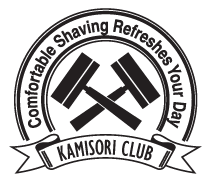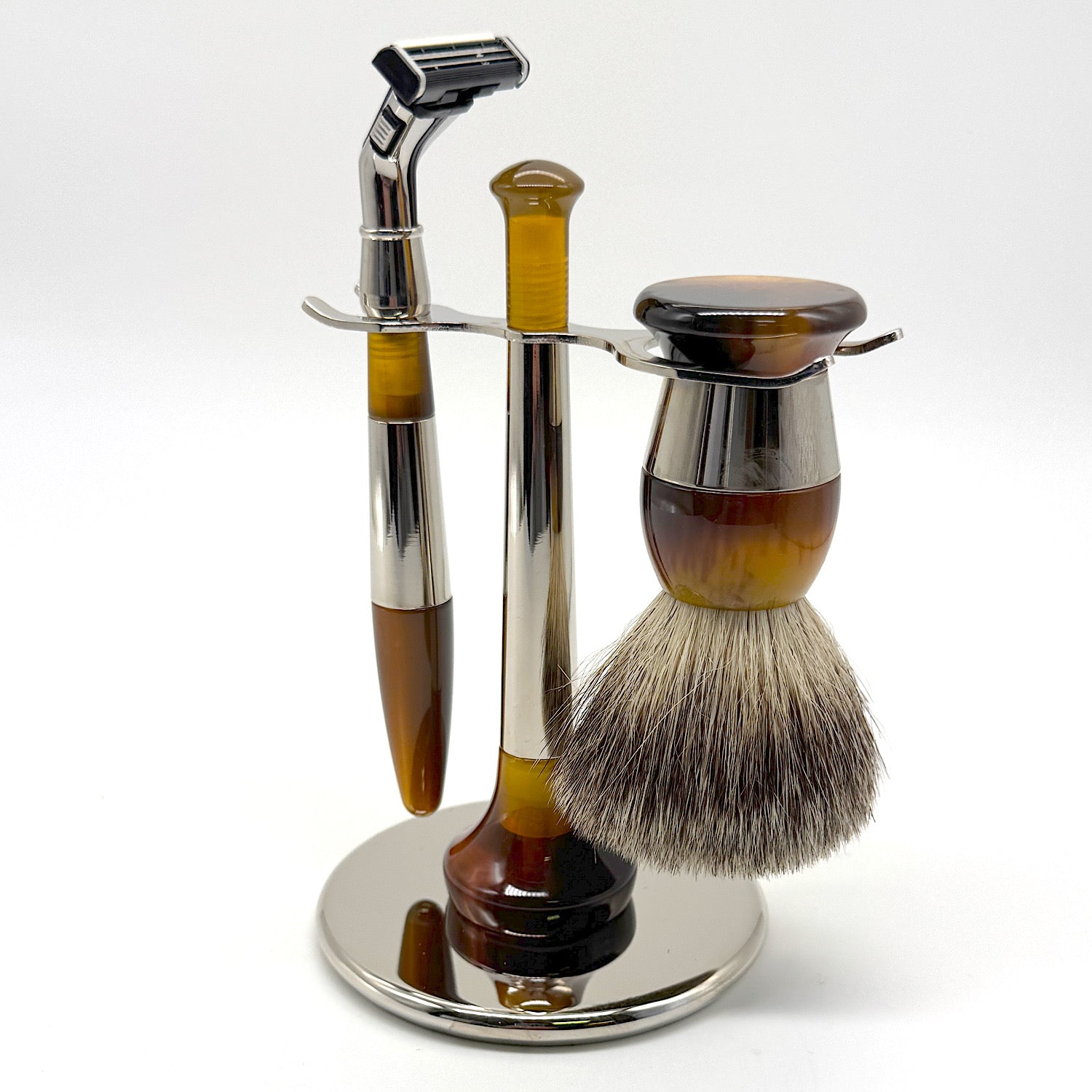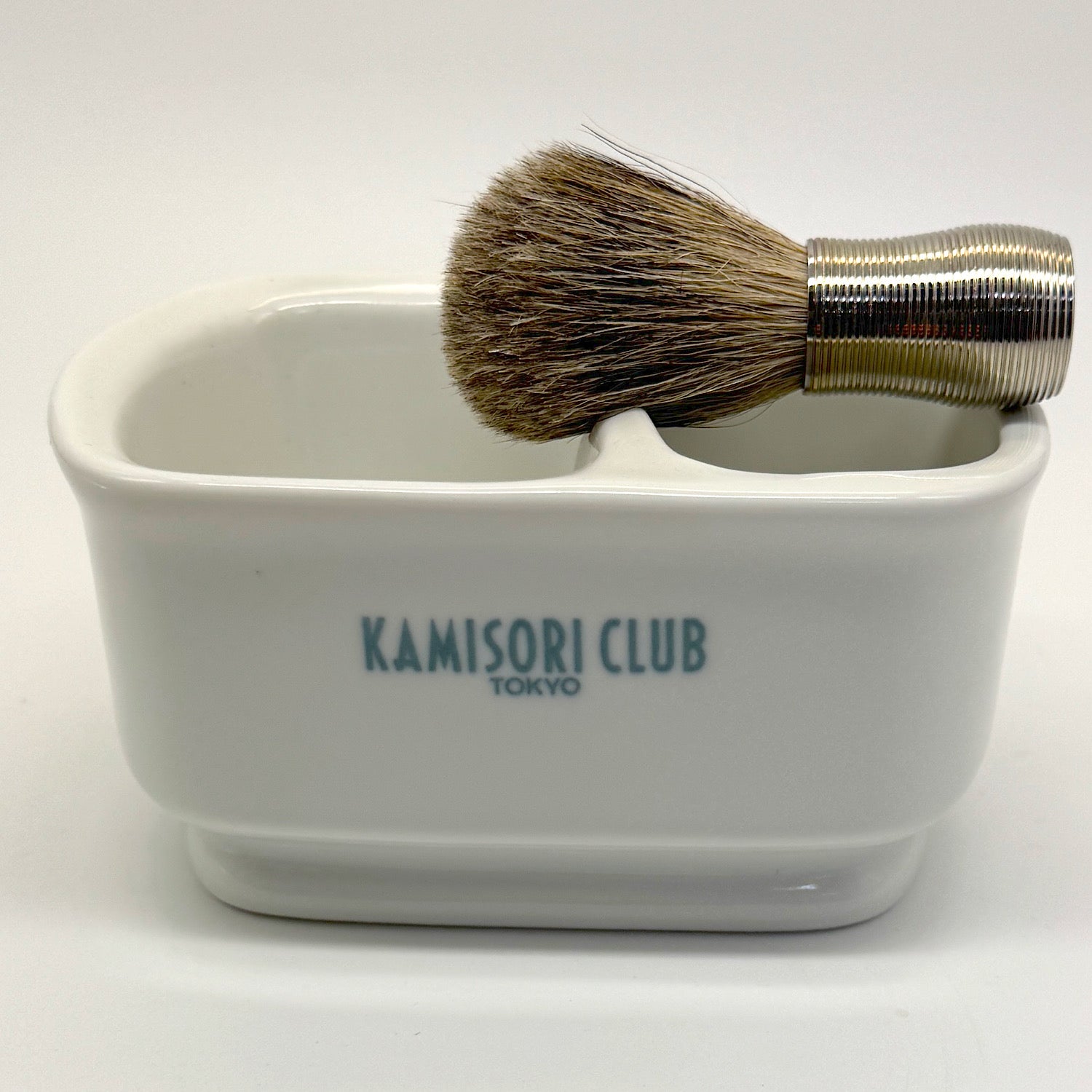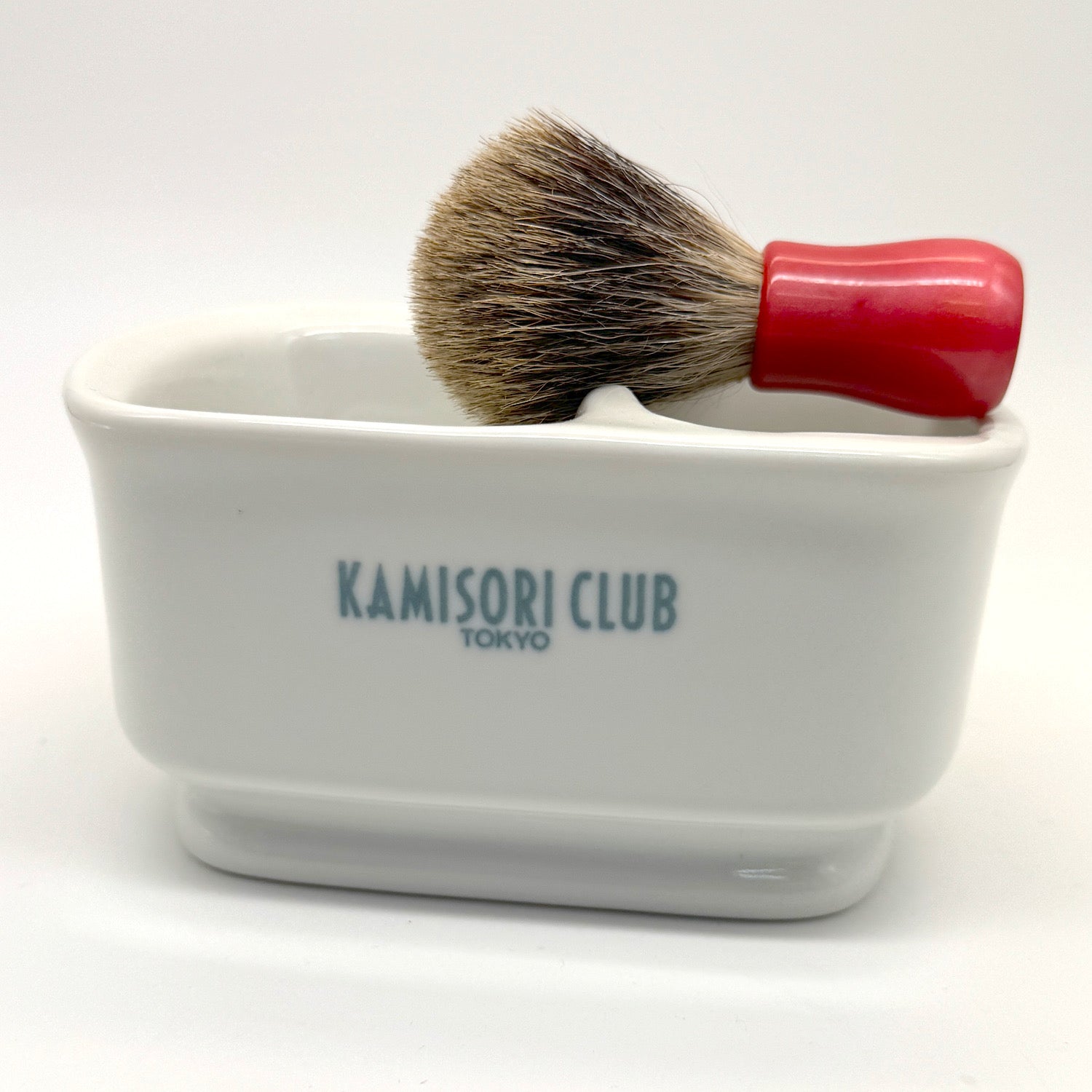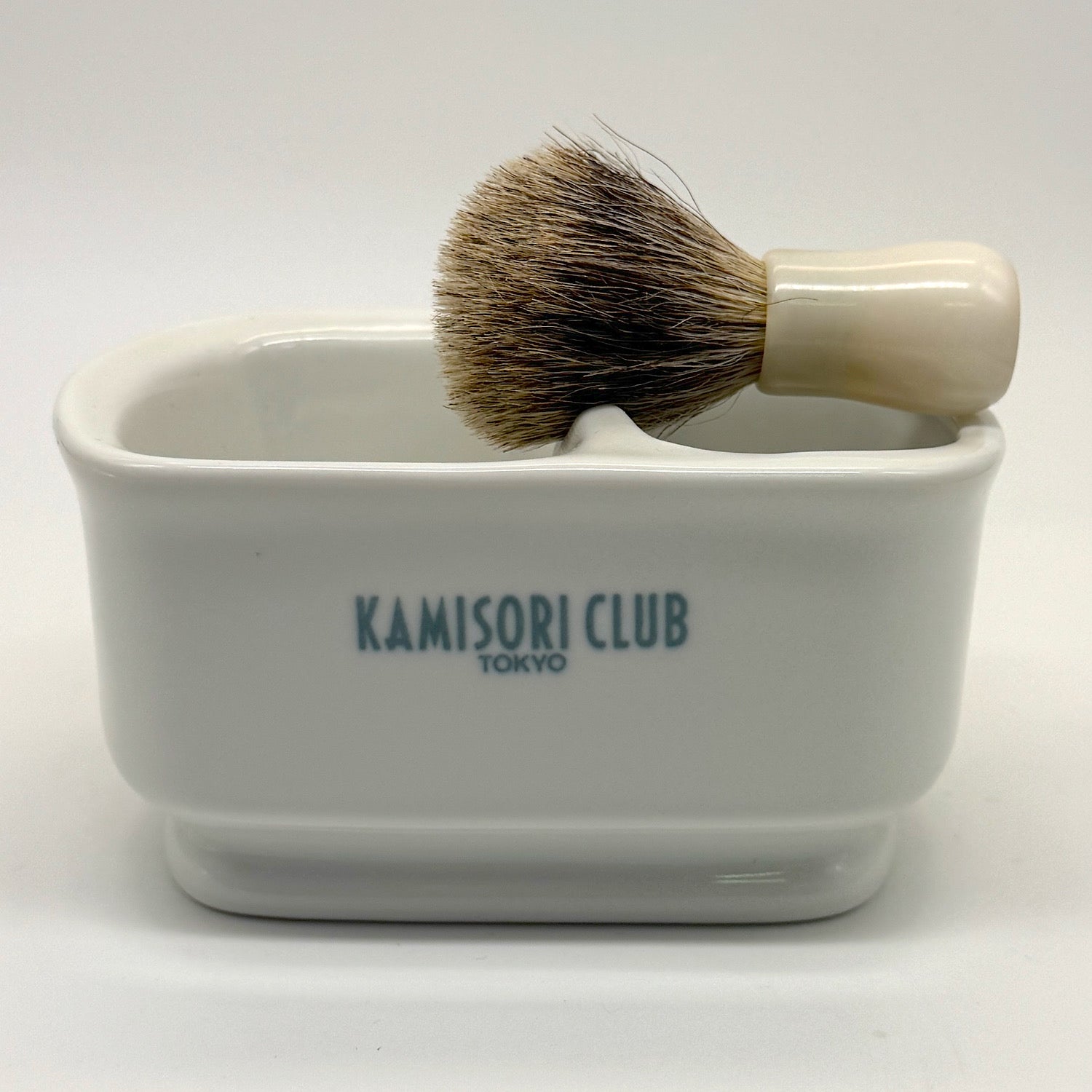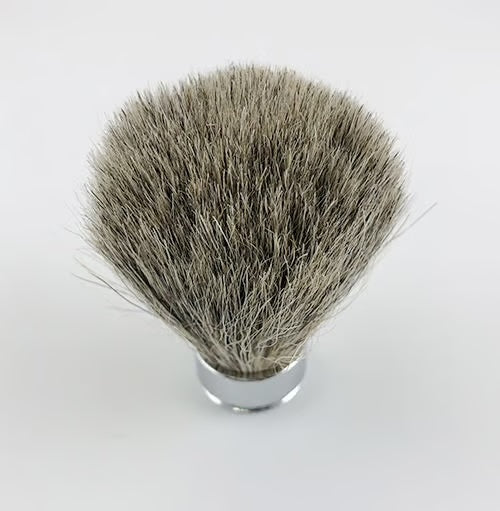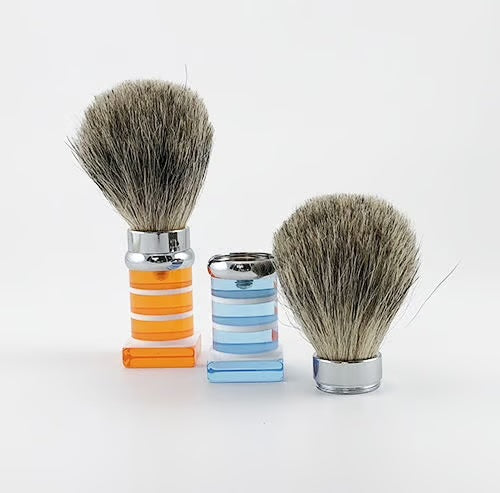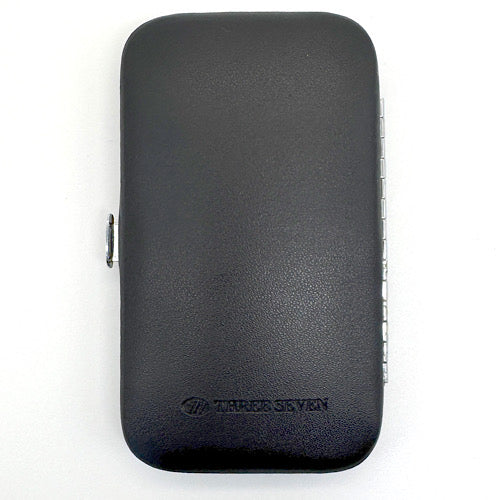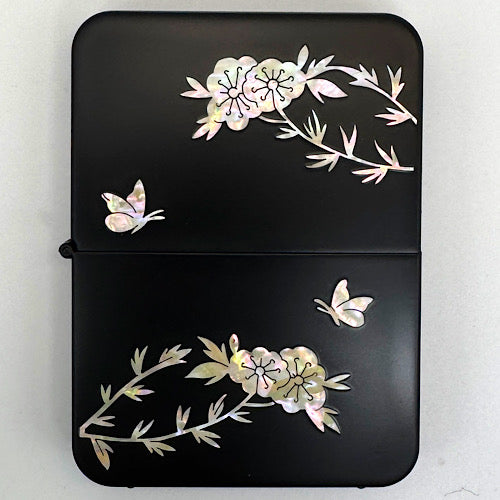
Schick conquered the Japanese razor market with strategy - "History of the Japanese wet shaving market" Episode 2
We look back on Japan's wet shaving market and culture from the postwar period to the Reiwa period with Razor Club CEO Yasuoki Takeuchi.
Chic conquered the Japanese market with strategy
Kinzo Takeuchi, the predecessor of the Razor Club, said in an interview back in the day, ``If the product is good, the advertising is good, and the sales network is good, it will sell.'' The key to success is how to distinguish between them. After the war, Schick, which started from scratch, won the No. 1 position in Japan's razor market because of its simple marketing strategy that connects to the present and the future.

Kinzo, who had given up on selling single-edged razors suitable for Japanese people due to the war, came across the ``Injector'' by ``Schick'' on a large poster posted in the razor section for foreigners at a department store. The visual of a little girl shaving her father's beard was full of love and at the same time emphasized the safety of injectors. “The Injector was a groundbreaking product, not only because of its unique operating feel and sharpness, but also because it could be replaced safely without touching the blade.I personally visited a local barber shop while studying abroad in the United States. I remember experiencing it for the first time and thinking, ``This is it.'' (Talk by Yasushi Takeuchi *Hereinafter omitted) Kinzo had a hunch that this would work, and approached Eversharp Chic directly about sending samples.
However, at that time, Sanpo Shoji (the predecessor of Razor Club) was a small company with about 20 people. After the war, there were foreign currency regulations, and imports had to be transacted in dollars. In other words, unless a company had US dollars for its own transactions, it was difficult to purchase from overseas. Therefore, Sanpo Shoji began handling the products as a domestic sales point by asking Hattori Watch Shop (currently Seiko Holdings), which has a track record of trading in US dollars for watches, to act as an import agent.
``At the time of import liberalization, feathers accounted for more than 80% of the domestic razor market, and no matter how hard we worked in the same place, we couldn't make anything happen.'' We will consider the recognition method and image to establish the ``CHIC'' brand. While double-edged razors account for the majority of products, our first challenge was to create an opportunity for people to use single-edged razors.
``At that time, items imported from overseas had a very positive image as ``foreign products'' and were popular.Therefore, we decided to sell them as luxury gifts at department stores first.If you were given something as a gift, you should try it out at least once. While double-edged razors were the norm, single-edged injectors were displayed in glass cases at department stores for 600 yen (the price at the time was about 1/4 of today's prices). The holder has become a popular gift, with large orders for names engraved. By first popularizing the holder, we were able to contribute to sales of replacement blades later on.
However, that era did not last long, and the center of consumption eventually shifted from department stores to mass retailers. ``We foresaw the arrival of the era of mass retailers and quickly shifted to a nationwide sales system.I also visited supermarkets across the country to check the sales floors and propose new sales. I walked. I'm glad I was able to make use of my experience in the United States, where I studied abroad during my student days."
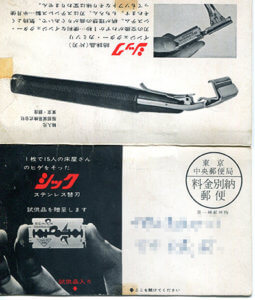
Razors, which used to be sold face-to-face in showcases in cases, will now be sold in blister packs with paper mounts and clear plastic, in order to accommodate self-service stores where razors are picked up and carried to the register. ``When we started receiving direct business, it was right around the time that ``Super II'' was released, and I still vividly remember seeing the new packaging lined up on store shelves.''By entering supermarkets quickly, The image of Schick's ``injectors'' and the ``stainless steel spare blades'' that we were focusing on at the same time quickly became established, and we overcame the market entry of ``Gillette'' and ``Feather,'' as well as Lion and Kao. One of the reasons for our success was that we focused on TV commercials and invested funds in advertising. I'm sure many of you remember the impressive ``Chic'' commercial.
While thoroughly expanding awareness among general consumers, Sanpo Shoji expanded its sales offices to major cities across the country and vigorously expanded sales activities in the region. Eventually, razors entered the ``dual-blade'' era, and Gillette attempted to make a comeback in the Japanese market with the ``GII'' double-blade cartridge. However, the manufacturer (Warner-Lambert Company) made a wise decision to ship the SII product by air, and although it was delayed in press releases, it made a strong impression on consumers by taking the lead in selling it nationwide in stores. He succeeds and wins the two-blade duel.
"Gillette has better capital and product development capabilities. We also have patents, so we are a technologically leading company. However, we are truly a manufacturer (Warner Lambert), import agent (Hattori Seiko), and distributor. The agency (Sanpo Shoji) was connected by a strong three-way network.'' Peter Oliver, Eversharp Chic's Far East Manager, who owned the Chic at the time imports began, said, ``We were unable to sell the Chic in Japan. "We will leave it to the Japanese," and this remained the same even after Eversharp Chic merged with Warner-Lambert.
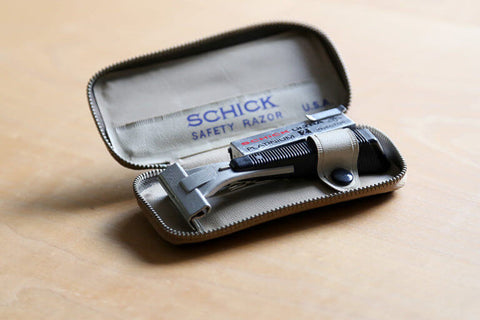
Kinzo Takeuchi had similar beliefs. ``I have great respect for my father, who thoroughly put into practice the idea that the Japanese market is run by the Japanese people.And there is no doubt that this was a factor in our success.'' The three companies held regular meetings and took measures with an overwhelming sense of ownership in spreading the word "Schick" products.
Even today, when companies aim to enter the world market, they are forced to choose between being ``global'' and ``local.'' More than 50 years ago, ``Gillette'' tried to integrate the Japanese razor market into a global strategy, and ``Schick'' tried to respect and adapt to the Japanese razor market. Riding on the momentum of the period of high economic growth, a major reason for the success of ``Chic'' was the alignment of direction and sense of unity with Sanpo Shoji, which had a strong passion to make ``Chic'' the best in Japan with their own hands. You can say that.
